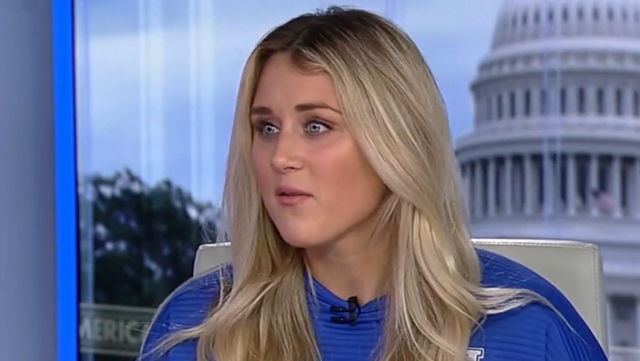
Big changes are coming to the San Diego Unified School District (SDUSD), which is determined to be "an anti-racist school district."
Because too many non-white students in the district are failing their classes, SDUSD has decided to scrap its old grading system in favor of a new-and-improved one that will help non-white students get a leg up on white students.
Instead of grading students based on a yearly average, for instance, or on how late they turn in their assignments, which has long been the norm, SDUSD will now focus on mastery of material as a top grading priority.
Teachers will further be prohibited from considering non-material factors when grading students academically, and will instead credit students on their citizenship grades for turning work in on time and behaving well in class.
"This is part of our honest reckoning as a school district," stated SDUSD Vice President Richard Barrera. "If we're actually going to be an anti-racist school district, we have to confront practices like this that have gone on for years and years."
Under the old system, most of the students who failed their classes were "English learners," meaning students from south of the border who speak Spanish as their first language, as well as Native Americans.
During the first semester of last year, 30 percent of all D and F grades were awarded to English learners, while one in four, or around 25 percent, of failing marks went to students with "disabilities."
By ethnicity, 23 percent of those students who received D or F grades are Native American, while another 23 percent are Hispanics. Another 20 percent of D and F grades went to black students, while only 7 percent of white students failed.
Since the goal has now become to achieve equal outcomes rather than provide equal opportunity, SDUSD is adjusting things to help overcome this "racial imbalance," a move that was unanimously supported by the school board.
How is it not racist to help non-white students at the expense of white students?
On a positive note, the changes will help students who struggle early on, but who improve over time, to keep up with everyone else academically. This will benefit all students in the district, regardless of their skin color.
On the other hand, the adjustments would seem to target white students while aiming to help non-white students, which is clearly racist.
"I think this reflects a reality that students have described to us and it's a change that's a long time coming," Barrera added.
Zachary Patterson, a junior at University City High School and student school board member, says that he has received mostly positive feedback from his peers concerning the changes, the exception being that some are now worried about grade inflation.
"I know students all across the school district a really happy with the idea that these other accountability measures are no longer going to be defining their understanding of knowledge," Patterson is quoted as saying.
How white students will fare under the new policies remains to be seen, especially since SDUSD is also considering eliminating its zero-tolerance disciplinary policy for cheating.
Allowing for more cheating simply because many of the cheaters have darker skin is a form of racism that ironically will create a new paradigm of systemic racism within SDUSD.
"Here's an idea, instead of raising their grade, why not raise their competency in the subject matter?" asked one NBC San Diego commenter in response to the news.
"You might end up in a President Harris gulag if you keep thinking independently like that," joked another in response.
More related news about the collapse of America under political correctness can be found at PoliticalCorrectness.news.
Sources for this article include:
Please contact us for more information.





















